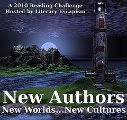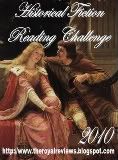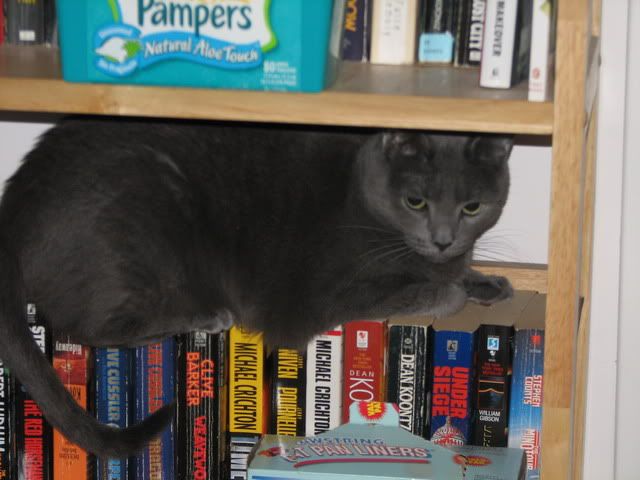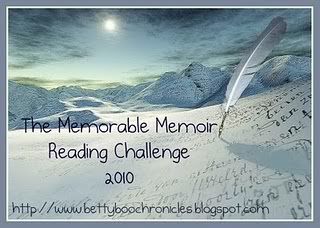I wasn't sure if I'd like The Widow's War by Sally Gunning so I was pleasantly surprised to find myself hooked on it so quickly. I'd never written anything by Gunning before. She's done an awesome amount of research and it shows in setting, background information and even in the way the characters speak to each other.
Lyddie Berry is a whaler's wife in 1761 Cape Cod. Life has never been easy for her. She's left alone for months at a time while her husband goes to sea. Still, she's very happy with her life and with her husband. They loved each other very much.
One risk all whaler's wives face, of course, is losing their husbands to the sea and that's exactly what happens one January day. Life goes from being hard to nearly unbearable. Women in those times had little to no rights. For widows, it's even worse. In Lyddie's case, she goes from having some control of her life to none. According to law, she inherits only 1/3 of her husband's estate. The bulk of it goes to the next living male adult--in this case, it's Lyddie's controlling and thoroughly dislikeable son-in-law.
At first Lyddie tries to adjust to her new life but she is miserable. When she's encouraged to think and to make a few decisions on her own, though, she begins to break free of the repressive household she lives in. Her life becomes even more harsh and bitter but ... it's her life and circumstances now.
I was completely hooked early on as I mentioned and carried forward on a page-turning momentum to find out what happens to Lyddie. About halfway into the book, though, there were some circumstances that made me wonder if the whole point of the story had become blurred. I wasn't sure I liked the newest complications but I kept on going with the story to the end. Frankly, I think the story was much better without them but what are you going to do? Nothing's perfect.
All in all, it was a very satisfying read and I liked the ending very much. I learned a great deal in the best way possible--by enjoying a mostly well written story!











